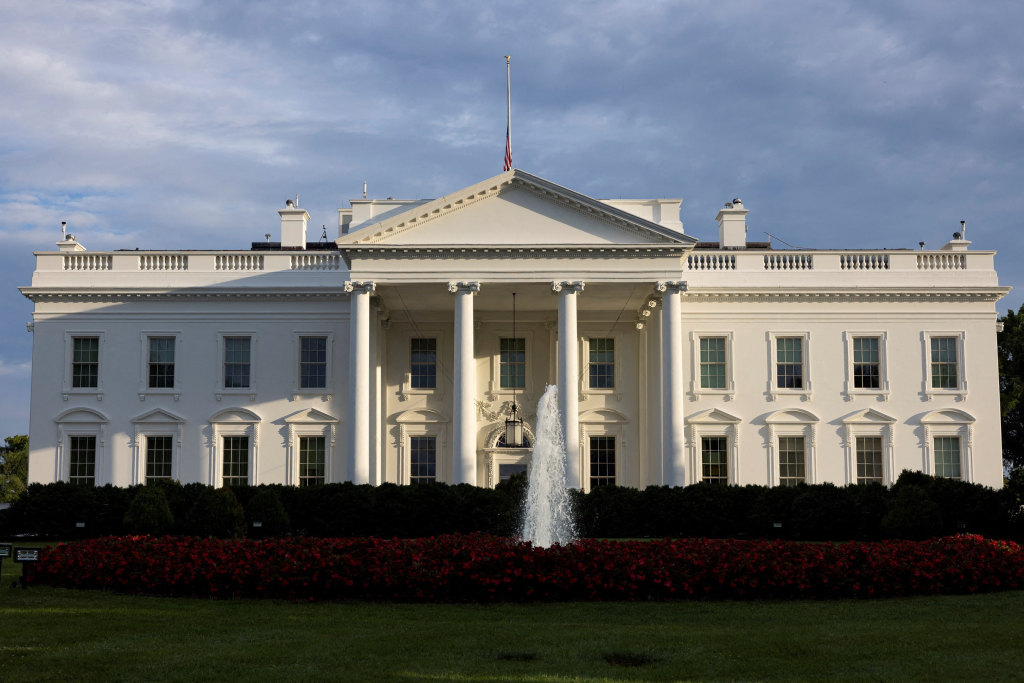DIDPress: In a sudden and sweeping move, Donald Trump has dismissed dozens of staff members from the U.S. National Security Council (NSC), escalating tensions within the White House and triggering a structural overhaul of this critical institution.

In recent days, under President Trump’s orders, the White House has launched a major restructuring of the National Security Council’s staff and operations.
This overhaul includes a significant reduction in personnel—from about 350 employees to fewer than 150—resulting in the abrupt dismissal of many NSC members.
According to Reuters reports citing multiple informed sources, this move aims to reduce the influence of the NSC and centralize decision-making power more firmly in Trump’s hands.
Those fired received formal termination notices without prior warning, and the dismissals were carried out suddenly.
The broad restructuring follows the earlier removals of former National Security Advisor Michael Waltz and his deputy Alex Wong in early May 2025.
The main reason for these dismissals was Trump’s dissatisfaction with security coordination between Waltz and Israeli PM Benjamin Netanyahu, particularly regarding potential military plans against Iran.
Political analysts warn that the drastic reduction in staff and sweeping structural changes at the NSC could weaken the expert advisory and analytical processes related to U.S. security policy, creating gaps in information and analysis at the federal government level. They believe such restructuring may degrade the quality of security decision-making.
On the other hand, Trump’s supporters view these moves as steps toward streamlining the government and eliminating unnecessary bureaucracy, which they argue will speed up decision-making.
According to them, concentrating more power in the president’s hands allows faster responses to security crises.
These developments reflect the continuation of Trump’s policies to redefine the role of the U.S. NSC and reduce the involvement of traditional advisory bodies in national security affairs—a trend seen during his first term and now pursued more aggressively.